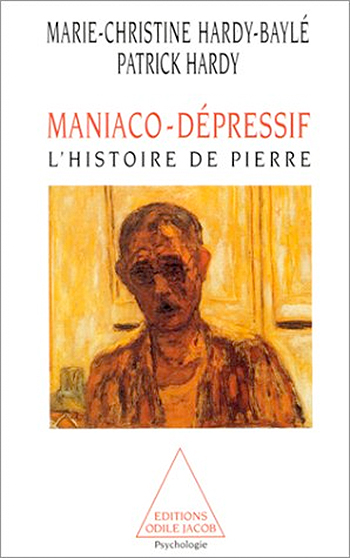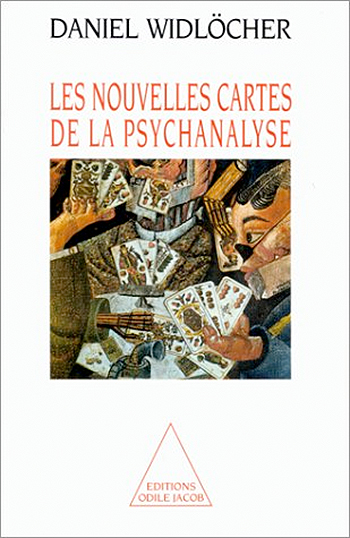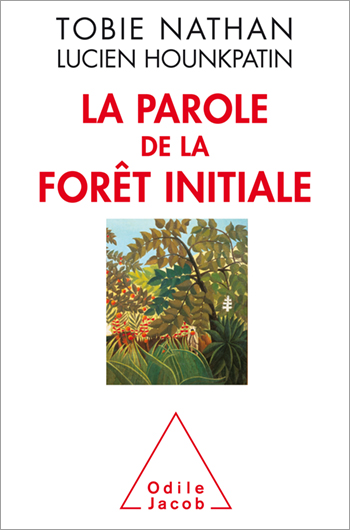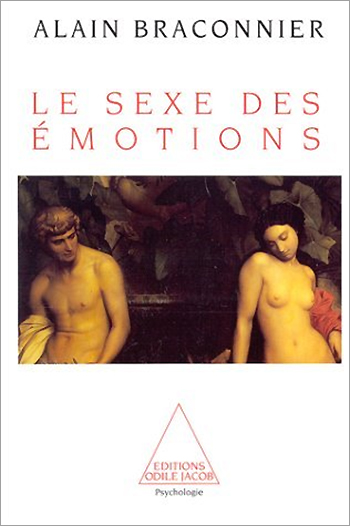Psychology All books
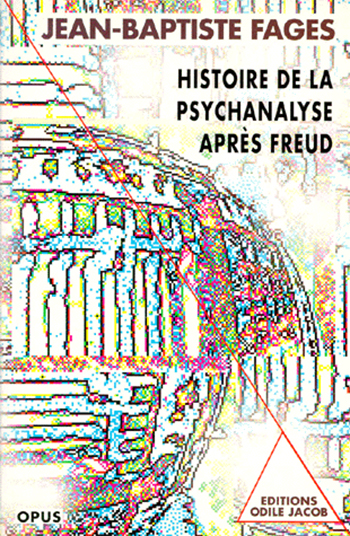
Jean-Baptiste Fages
History of Psychoanalysis after Freud (New Edition)
For all those who want an introduction in simple terms to psychoanalytical thinking this book highlights the great post-Freudian figures and principal movements. It examines in their turn the individuals who have made remarkable contributions (such as Sandor Ferenczi), those who were leaders and their spheres of influence (Adler, Jung, Lacan), the personalities united by their research area (for example the child psychoanalysis of Anna Freud and Mélanie Klein) or by cultural convergence (such as the New York School, the cultural tendency, etc.). Sociologist, and doctor of the history of philosophy, Jean-Baptiste Fages teaches at the Sorbonne in the capacity of CELSA.
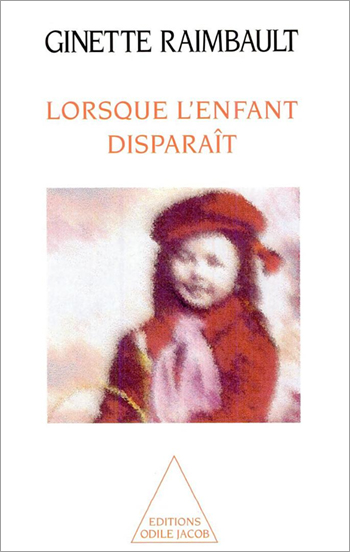
Ginette Raimbault
When a child disappears
When a child disappears, the parents of that child have to first of all relearn how to live their lives. How can they face up to this task ? What routes, both conscious and subconscious do they take in order to do this ? Ginette Raimbault explores the mental processes of these devastated parents using the spontaneous testimonies of those who have relied on writing to get them through their bereavement such as Victor Hugo who mourns Léopoldine, and Isadora Duncan and Geneviève Jurgensen who both lost two children at once. Through the anguish of these famous examples, this book movingly asks the universally relevant question : what does a child mean for the parent ?
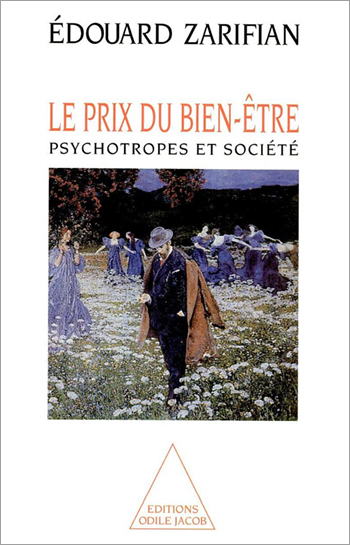
Édouard Zarifian
The Price of Well-being
Why is France one of the countries which has the highest rate of consumption of psychotropic drugs (tranquillisers, hypnotics, antidepressants, neuroleptics) ? Are the French more ill than other nationalities ? No, says Edouard Zarifian, it is rather that in this country, we offer medication for the least emotional trouble. It is thus a cry of warning that Professor Zarifian voices in this book, directly inspired by his celebrated report to the Ministry of Health which the public have not had access to up until now.

Harlan Lane
When the Mind Hears (Coll. Opus) A History of the Deaf
This historical work recounts the struggle of deaf-mutes against prejudice, so that their rights and their language, sign language, were recognised. The people figuring in this book run from the abbey de l'Épée to Laurent Clerc, the spokesman for this community in the United States. A linguist, psychologist, and specialist in sign language, Harlan Lane teaches in Boston. He is the author of The Wild Child of Aveyron, which inspired the famous film by François Truffaut.
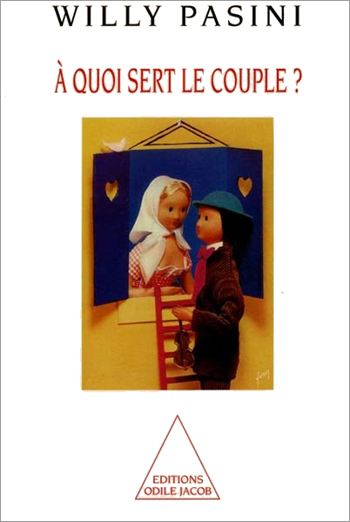
Willy Pasini
What use do couples serve ?
What use do couples serve? How can a solid couple be distinguished from a fragile one? Is 'living together' preferable to marriage? How can a healthy balance be maintained between intimacy and autonomy? How can passion be made to last? Can shaky bonds be salvaged? When should a therapist be consulted and how can the most suitable therapy for a specific case be chosen? At a time when the couple as a unit is undergoing a severe crisis, this book demonstrates that if every love story carries with it a risk, happiness within the couple is nevertheless possible. Willy Pasini is the founder of the European Federation of Sexology. He teaches psychiatry and medical psychology at the University of Geneva.
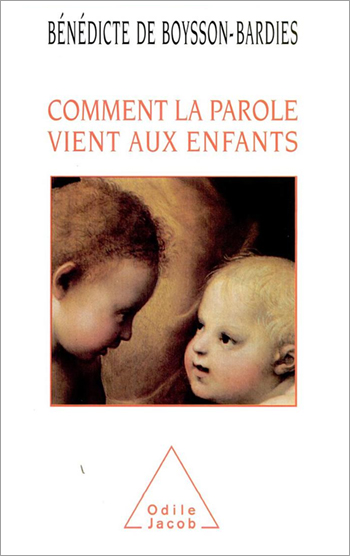
Bénédicte de Boysson-Bardies
How Does the Power of Speech Come to Children ?
How does the newborn, from his cradle, perceive the sounds that make up words? How does he hear and extract sounds, and then recognize, organize and analyze them? How does an infant come to understand and reproduce language? How does the power of speech come to children? Benedicte de Boysson Bardies invites the reader to follow the newborn from his first minute of life to his first sentence, retracing step by step the process of acquiring speech. As a psycholinguist, Benedicte de Boysson Bardies specializes in the acquisition of language by young children.
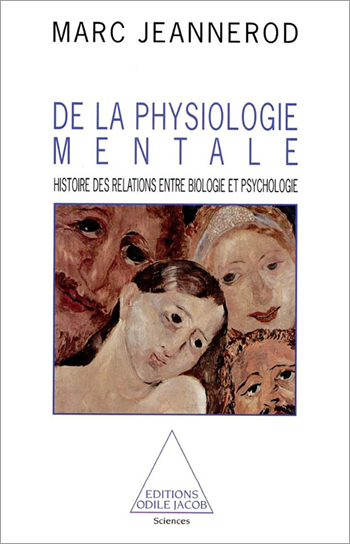
Marc Jeannerod
Of Mental Physiology A History of the Relationship Between Biology and Psychology
A relative newcomer to the world of science, psychology gives rise to a rivalry between two older siblings, philosophy and biology. This enduring conflict between materialism and spiritualism, which continues today in other forms, without adoubt was the driving force behind its progress. What we know today about the spirit is a result of this history. Biology and psychology have shaped each other in turn. This book represents a riveting study on how two centuries of spiritual quarrelling made possible the modern attempt to establish the inner workings of the mind. A professor of physiology at the Université Claude Bernard, Marc Jeannerod is also the director of an Inserm neurological research team in Lyon.

